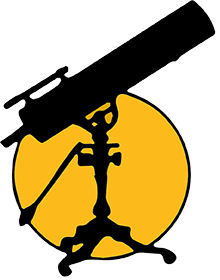John Dollond, the son of immigrant Huguenots from France, was born on June 10, 1706 in London. He took up the weaving profession of his father, but at the age of 46 joined his son Peter in the optical business. Although he had been obliged to leave school early to help support the family, John had studied extensively on his own and not only taught himself algebra, geometry, optics, and astronomy, but also Greek and Latin.
In 1752 he became involved in a controversy over the question of whether Isaac Newton had been correct in asserting that it was not possible to combine two lenses of different materials to obtain an achromatic lens, i.e. a lens that focused all colors of light equally.
Even though Dollond was supposedly only an uneducated optical worker, he stood up against Leonhard Euler, one of Europe’s most learned mathematicians. And when he did experiments with prisms of different materials he even proved the great Isaac Newton wrong by demonstrating that a prism combination could be found that gave refraction without dispersion.
This opened the door to making greatly improved telescopes. By combining two lenses with the proper curvatures, one of crown glass and the other of flint, he and Peter could make telescope objectives which did not have the usual blurring resulting from a variation of the focal length with color. For this invention, Dollond was admitted to fellowship in the Royal Society and received their coveted Copley Prize. In 1761 he was appointed optician to the king.
There was a controversial claim that an English barrister named Chester Moor Hall had made an achromatic lens before Dollond and that Dollond may have known about it. However, there is no contesting the fact that Dollond was the first to make successful achromatic telescopes in quantity and bring them out on the market.
The firm of Dollond & Son became the preeminent English telescope makers and telescopes made by them went to all parts of the world. After John died in 1761 the business flourished through four more generations of Dollonds. In 1871 the business went out of the family but continues to this day as Dollond & Aitchison, however, they now sell eyeglasses and not telescopes.
By M. Eugene Rudd
(11/14/2000)
